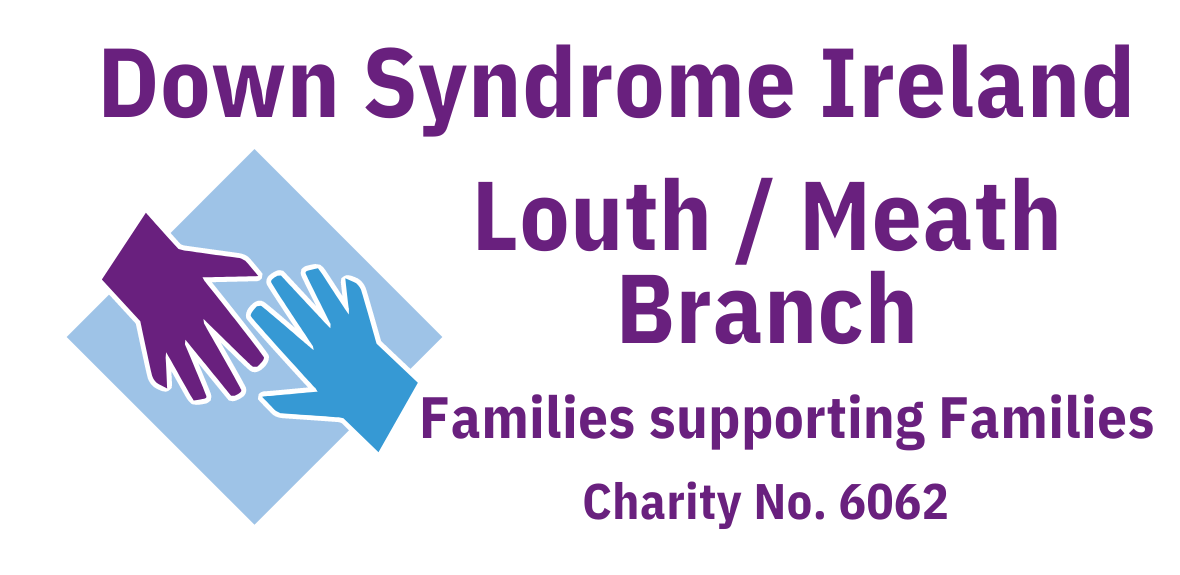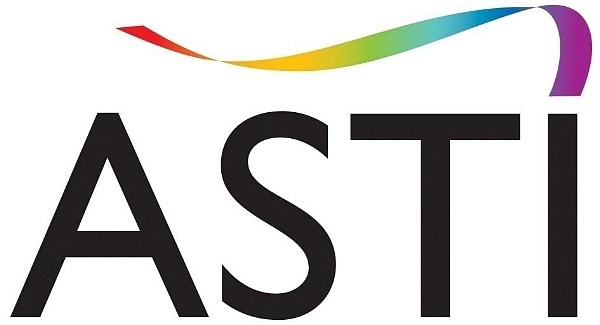Dear Member,
Wishing you a very Happy New Year from all of us here in Down Syndrome Ireland.
As you may be aware, the ASTI teachers union issued an instruction to its members just before Christmas to stop implementing Individual Education Plans (IEP) for students with additional needs due to resource issues.
As a result, Down Syndrome Ireland requested an urgent meeting with the teacher’s union. Following the robust meeting with the ASTI late last week, Down Syndrome Ireland remains concerned about the decision of the teacher’s union to advise members to stop documenting Individual Educational Plans for children with additional needs.
We understand that the ASTI, while supporting the principle of including students with Down syndrome in mainstream schools, is concerned at the lack of training provided to teachers to enable them to meet the needs of students. The ASTI representatives described an increasingly bureaucratic process of documenting support plans which they believe is unmanageable without additional resources and training. The union has advised (but not directed) that ASTI teachers refuse to provide individual student support files until additional training and resources are in place. During the meeting, we were advised that current good practice in planning and differentiating the curriculum will continue for existing students and will be applied to new students in the coming years and that the advice to withdraw from written education plans is necessary until training can be provided.
We are aware that this action is not limited to teachers who are members of the ASTI, as the TUI recently issued similar advice to their members.
While we understand the concerns, we cannot accept any action which discriminates against students who have intellectual disabilities. We believe that students with Down syndrome will suffer and will struggle to be successful in education if they don’t have structured education planning in place. We support the ASTI in their call for training for all mainstream post primary teachers on supporting students with special educational needs, but we are concerned that their current position will lead to discrimination against our members. An inclusive society begins with inclusive education, and any action which undermines the success of this inclusion cannot be accepted.
Students with Down syndrome have the right to be educated in their local mainstream school. It is not unreasonable to expect that any additional training and resources required should be provided. It is shameful that, like other pieces of legislation about the rights of people with disabilities, the Education for Persons with Special Education Needs Act, 2004 (EPSEN) Act has never been fully enacted, as successive governments have been unwilling to provide the necessary resources for its implementation. The EPSEN Act includes a requirement for schools to provide IEPs for students with additional educational needs.
Down Syndrome Ireland continues to campaign for the EPSEN Act to be fully enacted and adequately resourced so that the rights of students with additional educational needs are enshrined in law, rather than depending on the goodwill of schools and teachers.
We would like to acknowledge the willingness of the ASTI to engage with DSI to discuss concerns. We have contacted the Minister for Education and Skills Joe McHugh T.D seeking an urgent meeting on the matter.
We have called on the ASTI to reflect on the impact of their position on our members, and the potential consequences.
We are also due to meet the TUI in the coming days to discuss the issue.
We are calling on the Department of Education and Skills to engage with all stakeholders and respond to the need for a national rollout of training and resources to support the inclusion of students with Down syndrome at all stages of their education.
We will of course keep up updated on our progress.
With very best wishes,
Gary Owens
CEO
Down Syndrome Ireland

